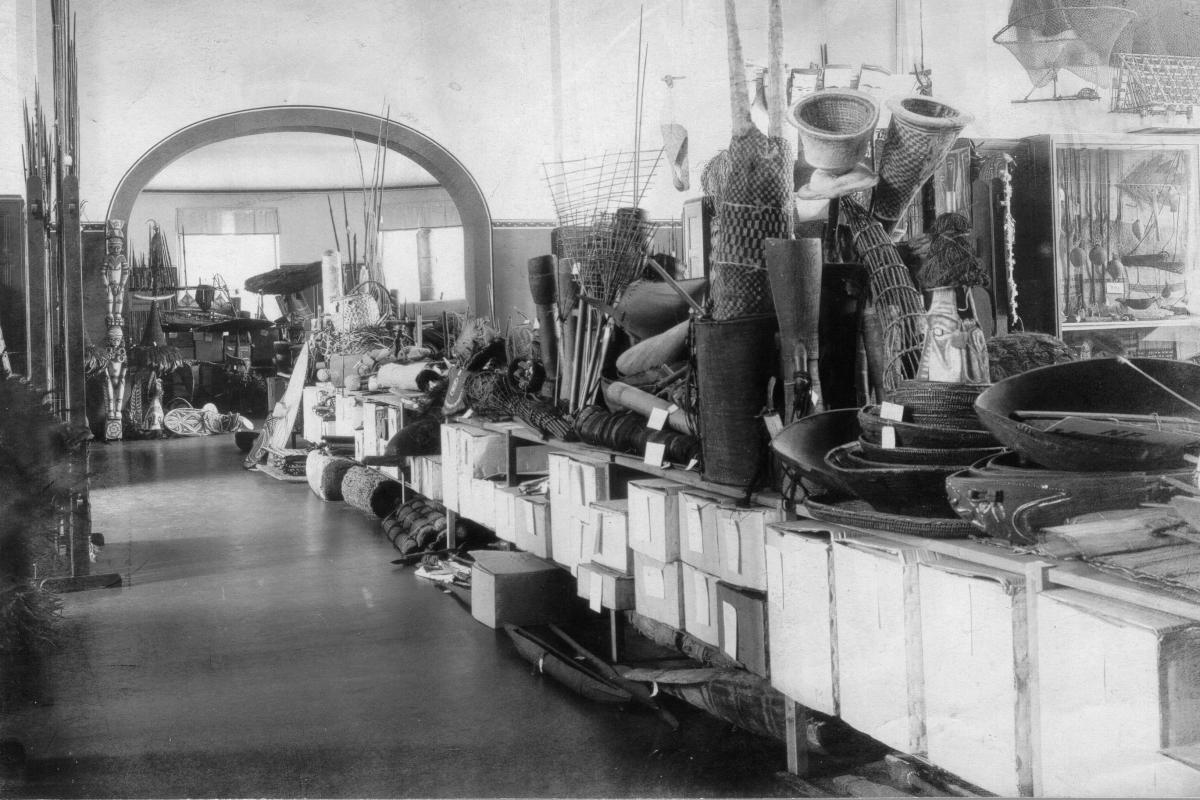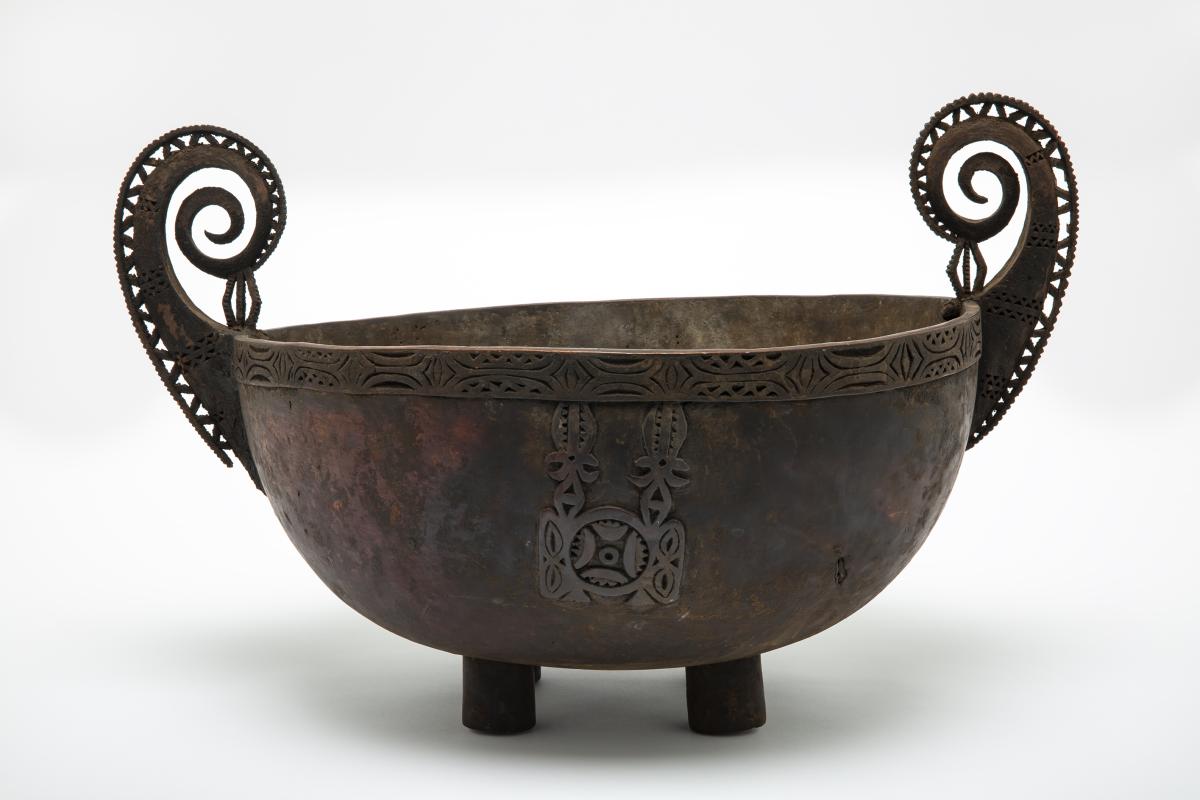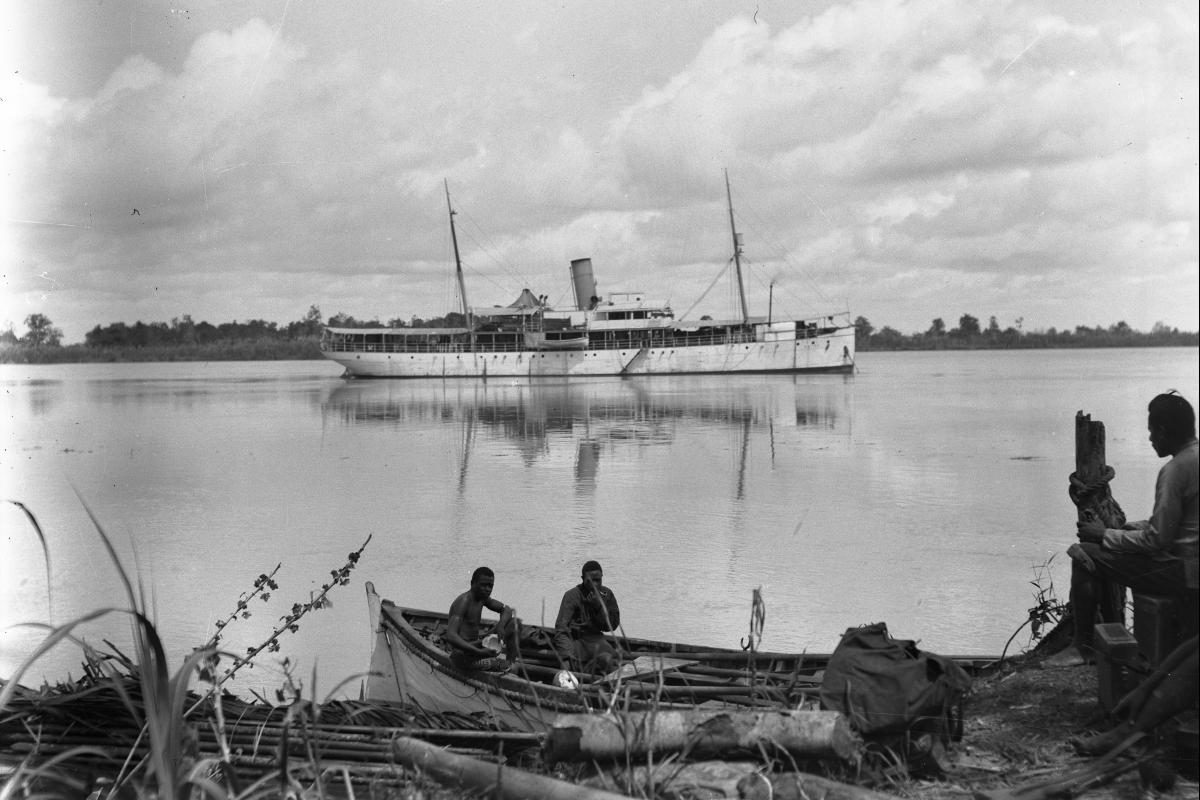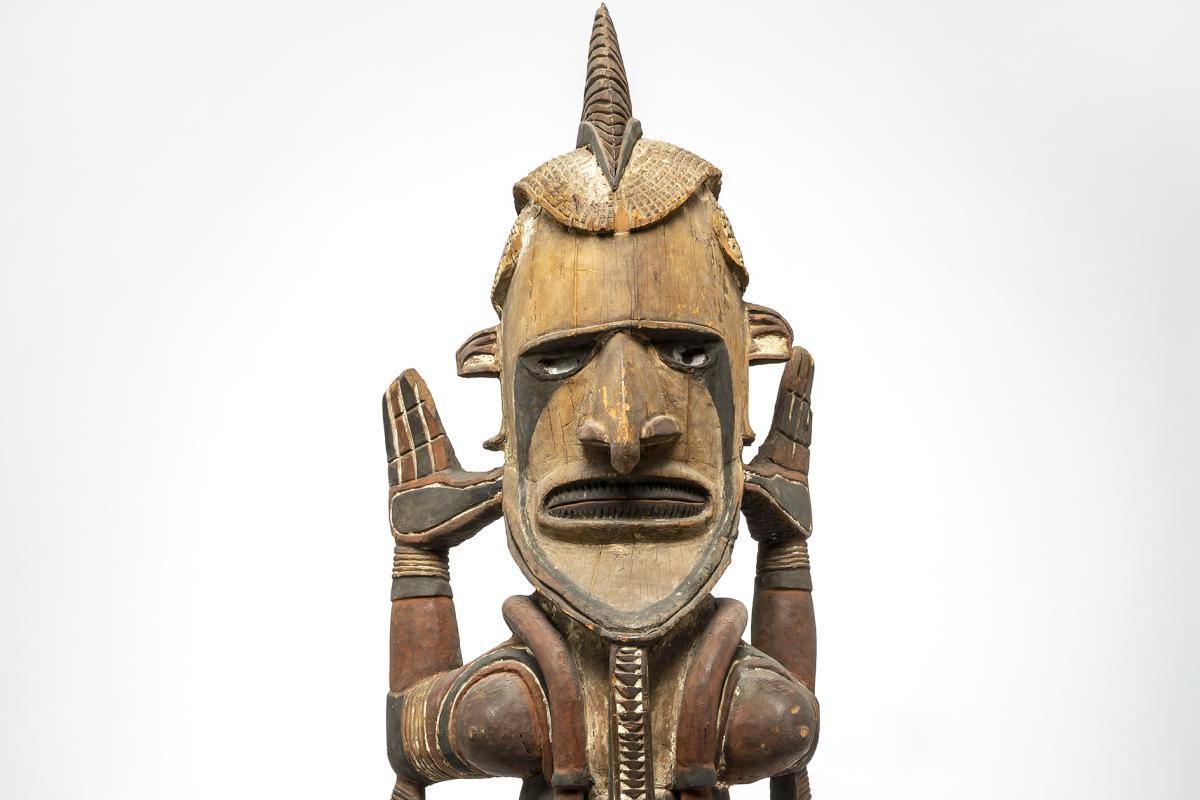The Hamburg South Seas Expedition resulted in extensive collections of items being brought from German colonial territories to Hamburg between 1908 and 1910. Dedicated to the interactions between science, business and colonial power, the two-year provenance research project examines the circumstances of how the items were acquired in the colonial context during the first of two expeditions. The project is being implemented collaboratively with partners in Papua New Guinea and the Hamburg Scientific Foundation. It is funded by the German Lost Art Foundation.
“The South Seas Expedition was one of Hamburg’s biggest scientific projects at the beginning of the 20th century and pursued clear colonial and economic goals,” says Barbara Plankensteiner, Director of MARKK: “An analysis of the unlawful contexts of these collection activities and the data gathered during the expedition is a fundamental requirement for entering into dialogue with representatives of the successor societies about how these items are to be handled in future.”
On the Hamburg South Seas Expedition of 1908/1909, more than 12,000 objects were accumulated, about half of them in the first year, along with copious field notes and around 1,700 photographs and sketches. In addition, a 30-volume report on the results was published. The trip took place in cooperation between the Hamburg Scientific Foundation and the former Museum für Völkerkunde Hamburg, now known as MARKK. In the first stage of the project, research will be dedicated to the source situation in order to illuminate the contexts of the ethnographic collections established in the Bismarck Archipelago and in New Guinea in the expedition year 1908/09. In the second stage, working with partners from Papua New Guinea, this reconstruction based on sources from the colonial era will be compared to local cultural memory and then supplemented and re-assessed drawing on local knowledge traditions. In this way, control of the narrative is to be renegotiated, the relevance of the collection items discussed and their usefulness for future generations debated. The need for potential restitution will be explored based on the research findings.
The decision was made to finance a South Seas expedition as early as 1907, the founding year of the Hamburg Scientific Society (HWS). The undertaking was largely conceived at the initiative of Georg Thilenius (1868-1937), who as director of the Ethnological Museum from 1904 onwards was responsible for expanding the museum’s collection and raising its profile. In the years that followed, funding of 600,000 reichsmarks was provided for the expedition and the publication of its findings, enabling implementation of one of the most comprehensive research projects of the German colonial period that was directly linked to a museum. Against this background, both institutions are keen to examine the colonial context of the expedition. The Foundation’s networks and documentation provide the starting point for this new provenance research project, along with the MARKK collection and archival holdings.
The findings are to be published on the museum’s website in connection with a successive online presentation of the collections, and there will also be a public presentation of the results with a talk. The results will of course be shared with partners in Papua New Guinea as well.
Find more informationen here https://markk-hamburg.de/









